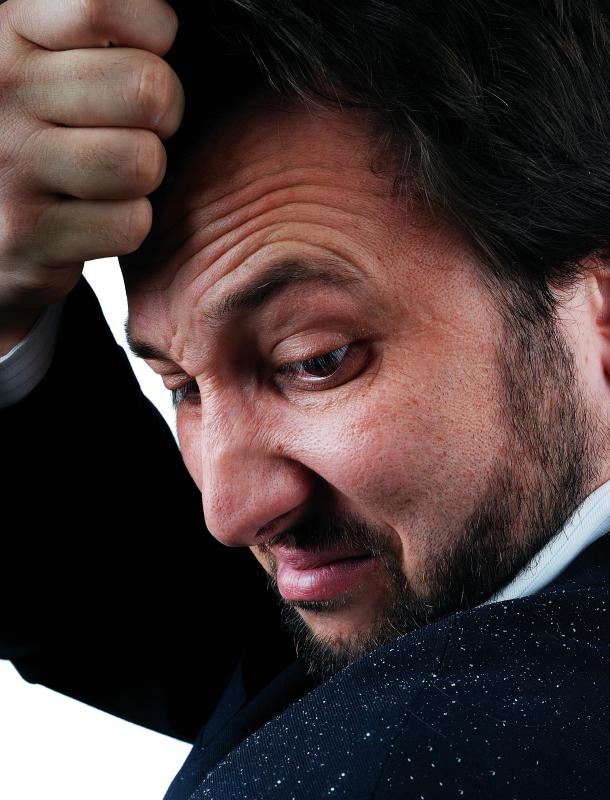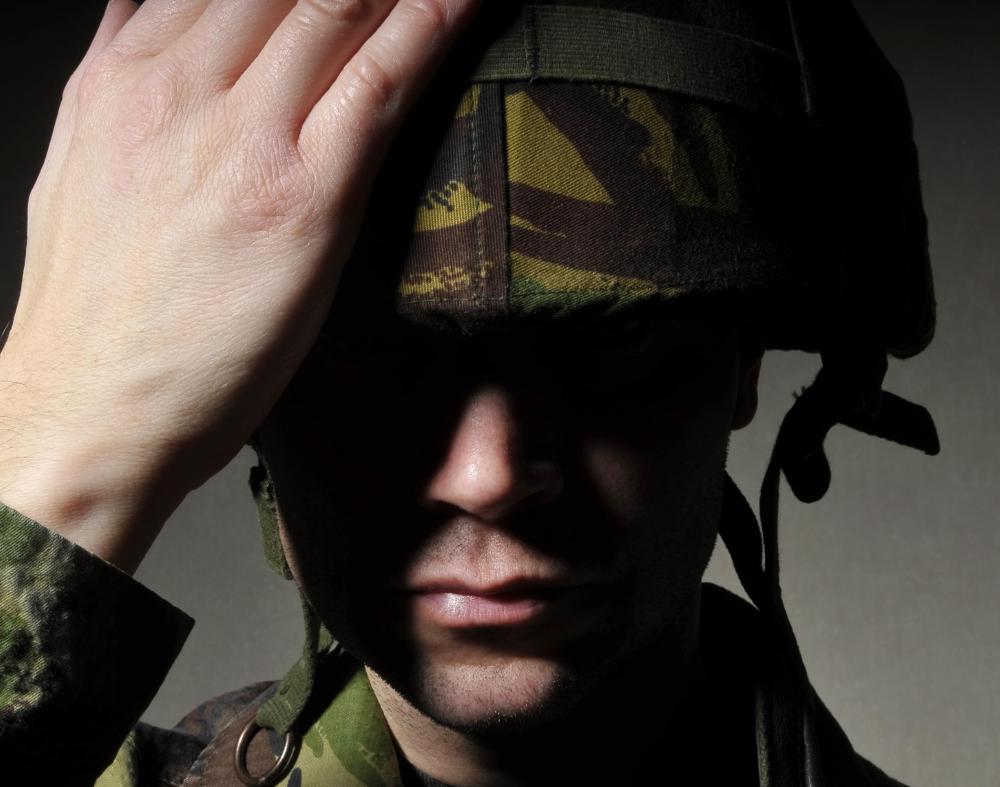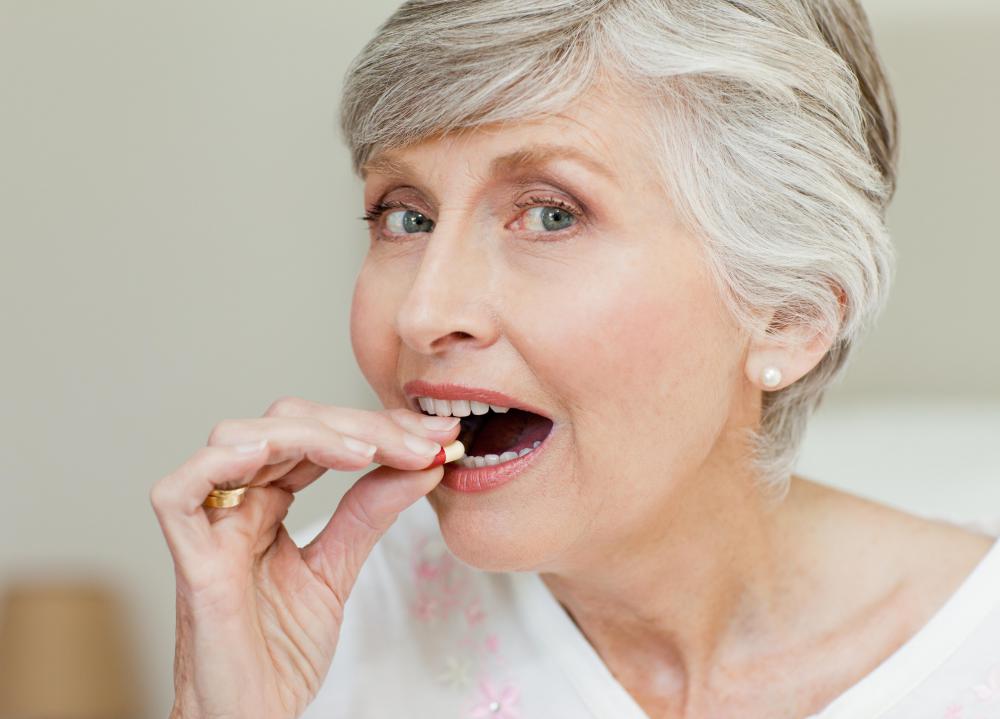At TheHealthBoard, we're committed to delivering accurate, trustworthy information. Our expert-authored content is rigorously fact-checked and sourced from credible authorities. Discover how we uphold the highest standards in providing you with reliable knowledge.
What Is Scalp Picking?
Scalp picking is a psychiatric disorder where a patient feels an uncontrollable urge to pick at her scalp. For some patients it manifests in the form of dermatillomania, and they will pick and scratch at the scalp itself. Other patients have trichotillomania and pull at the hair. This condition can lead to the development of bald spots and sores, and there is a potential for developing a serious chronic scalp infection as a result of the irritation caused by picking.
Usually, scalp picking occurs as part of a larger psychiatric disorder. Patients with obsessive compulsive disorder are prone to picking, and it can also occur with depression and post traumatic stress disorder. It may be a coping mechanism for a patient or a method of exerting control over the environment. Some patients use the pain as a mechanism of punishment, while others may pick on an unconscious level and may not be aware of how much damage they cause.

Patients with this condition often identify minor imperfections and may fixate on them. A flake of dandruff can turn into a scabby sore with picking, and then the patient will pick at the scab. Likewise, patients may pull out clusters of hair, which creates a spot of irritation, and they respond to the itching and soreness with more scalp picking. These activities are not within the control of the patient; many want to stop picking, but cannot force themselves to leave their scalps alone.

One treatment option for scalp picking is psychotherapy. Regular meetings with a therapist may be helpful for working on this and other compulsive behaviors. The doctor can also recommend some medications that may help the patient with disordered thinking and intrusive or obsessive thoughts. A combination of medication and therapy is often necessary for managing scalp picking and other symptoms.

Some patients find it helpful to wear gloves at night so they cannot pick in their sleep. It can also help to consult a hairstylist on scalp and hair care. The stylist may be able to work with the patient to develop a hair style that will be easy to manage and give him something to focus on instead of the scalp; when the patient feels an urge to pick, he could work on his hair, or contact the stylist or another buddy to talk and switch his focus.
AS FEATURED ON:
AS FEATURED ON:
















Discussion Comments
Scalp picking is a sign of anxiety and depression. Those with severe compulsive picking are diagnosed with obsessive-compulsive disorder. Even though the person picking may not realize it, it's an act that reduces anxiety and stress for the person. It can be treated with medications and therapy. I agree that it's important to understand why the picking started in the first place and what caused it.
@canyquilt-- Have you ever seen a doctor about it?
Although it's very mild now, I think you would still benefit from seeing a doctor or therapist. I think scalp picking is something that develops when people feel like they can't get away from their problems. So there is an underlying psychological frustration. And talking about it with a professional can help immensely. When the underlying cause is dealt with, this habit goes away on its own.
I think I have a mild form of this condition. I only pick my scalp when I'm stressed or when I'm thinking about something. I don't pick all the time. It comes and goes. And I don't pick so much that I cause bleeding or anything like that.
As a child actually, I used to pick at my scalp far more often. It lessened as I grew up and now only happens sometimes. I hope I can get rid of this terrible and embarrassing habit completely and soon.
Post your comments